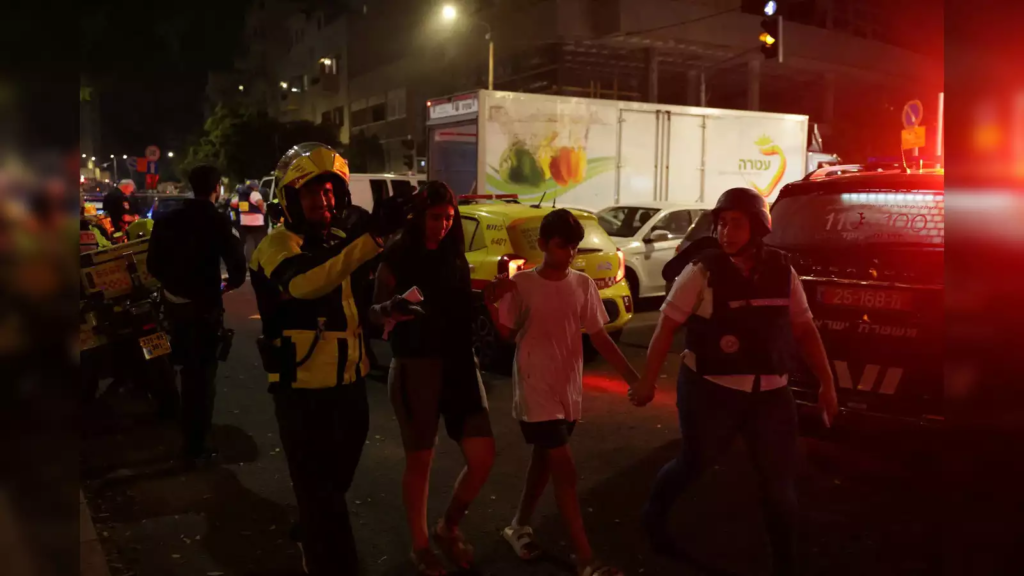The Impact of the Recent Drone Attack in Tel Aviv
On July 19, 2024, a drone strike in Tel Aviv resulted in the tragic death of one individual and injuries to several others. This incident, claimed by Yemen’s Houthi rebels, marks a significant escalation in the ongoing conflict involving Israel and various militant groups. The attack, which occurred near the U.S. Embassy, has raised numerous concerns about regional security, the effectiveness of defense systems, and the broader implications for international relations.

The Incident
In the early hours of July 19, 2024, an Iranian-made drone struck central Tel Aviv, causing significant damage to an apartment building. The explosion shattered windows and sent shrapnel flying, resulting in one fatality and multiple injuries. The Israeli Defense Forces (IDF) confirmed that the drone bypassed their advanced air defense systems, leading to questions about potential vulnerabilities. The Houthis claimed the attack was in response to Israel’s actions in Gaza and as a show of solidarity with Hamas.
Regional Security Concerns
This attack underscores the growing threat posed by drone technology in modern warfare. Drones, with their ability to evade traditional defense systems, represent a new challenge for military strategists. The fact that this drone managed to reach Tel Aviv from Yemen highlights the increasing range and sophistication of these weapons. For Israel, a country already on high alert due to its geopolitical situation, this incident is a stark reminder of the persistent threats it faces.
International Implications
The involvement of Iranian-made drones in the attack points to the broader regional power dynamics at play. Iran’s support for the Houthis and other militant groups in the region is well-documented, and this incident is likely to exacerbate tensions between Iran and Israel. Additionally, the proximity of the attack to the U.S. Embassy raises concerns about the safety of diplomatic missions and the potential for international fallout.
Humanitarian Impact
Beyond the immediate physical damage, the psychological impact on the residents of Tel Aviv cannot be understated. The suddenness of the attack, coupled with the failure of the warning systems, has likely left many feeling vulnerable and anxious. For the families of the victims, the loss is immeasurable, and the broader community will need time to heal from this traumatic event.
The drone attack in Tel Aviv is a sobering reminder of the evolving nature of modern warfare and the persistent threats faced by nations in conflict zones. It underscores the need for continuous advancements in defense technology and international cooperation to address the root causes of such conflicts. As the world watches the unfolding situation, the hope remains for a resolution that brings lasting peace and security to the region.




















